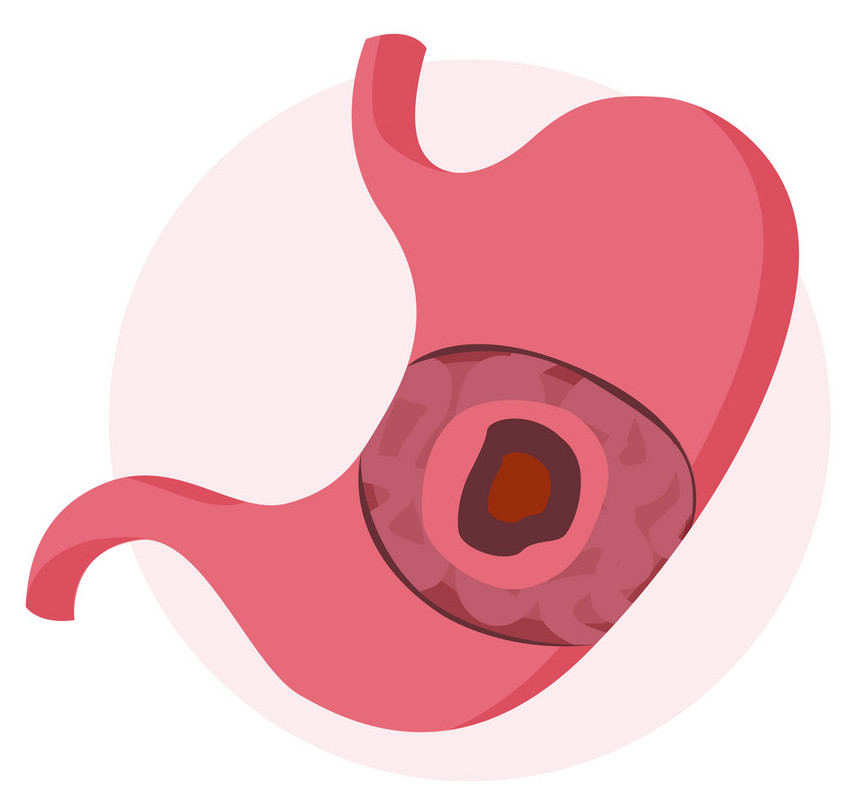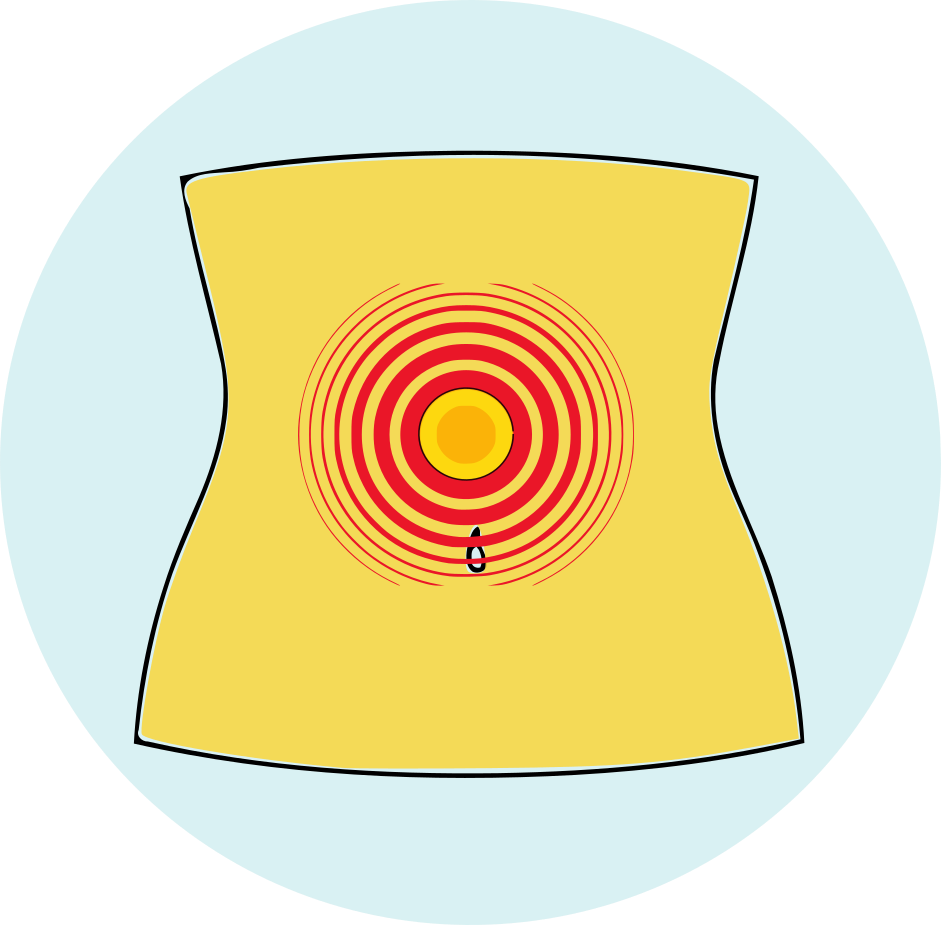Medicine details
| Image |  |
| Name | Cytomis 100 |
| Dosage | Tablet |
| Generic Name | Misoprostol |
| Classes |
Analgesic / Pain Killer Central Nervous System Agent NSAID Gastrointestinal Agent |
| Diseases |
Gastrointestinal Disease Ulcer |
| Company | Incepta Pharmaceuticals Ltd. |
Drug Package Details
| Strength | 100 mcg |
| Storage Condition | |
| Origin Country | Bangladesh |
| Commercial Pack | 30 |
| Price per pack | ৳ 240.00 |
| Cost per pack | ৳ 211.20 |
| Package unit | 3 tabs strip |
| Price per unit | ৳ 8.00 |
| Cost per unit | ৳ 7.04 |
| Discount | 0 |
| Coupon | |
| Remarks |
Misoprostol
Misoprostol is a prostaglandin analogue. Misoprostol has both antisecretory (inhibiting gastric acid secretion) and mucosal protective properties (in animals). NSAIDs inhibit prostaglandin synthesis, and a lack of prostaglandins within the gastric mucosa may result in decreased bicarbonate and mucus secretion, contributing to the mucosal damage caused by these agents.
Misoprostol is indicated for-
- reducing the risk of NSAID (nonsteroidal anti-inflammatory drugs, including aspirin) induced gastric ulcers in patients at high risk of complications from gastric ulcer, e.g., the elderly and patients with concomitant debilitating disease
- patients at high risk of developing gastric ulceration, such as patients with a history of ulcer.
- Misoprostol 200 mcg four times daily with food is the recommended adult oral dose for reducing the risk of NSAID-induced gastric ulcers. If this dose is not tolerated, a 100 mcg dose can be used.
- Misoprostol should be taken for the duration of the NSAID therapy prescribed by your doctor. Misoprostol should be taken with a meal, and the final dose of the day should be taken before going to bed.
Common side effects associated with the use of misoprostol are-
- diarrhea
- abdominal pain
- aches/pains
- asthenia
- fatigue
- fever
Gynecological side effects: spotting, cramps, hypermenorrhea, menstrual disorder, dysmenorrhea, Postmenopausal vaginal bleeding.
- (Misoprostol) administration to pregnant women can result in birth defects, abortion, premature birth, or uterine rupture.
- When pregnant women were given Misoprostol to induce labor or abortion, uterine rupture was reported. With increasing gestational age and prior uterine surgery, including cesarean delivery, the risk of uterine rupture rises.
- Pregnant women should not take Misoprostol to reduce the risk of ulcers caused by nonsteroidal anti-inflammatory drugs (NSAIDS).
- Women of childbearing potential who use Misoprostol to reduce the risk of NSAID-induced ulcers should be informed that they must not be pregnant when Misoprostol therapy begins and must use an effective contraception method while taking Misoprostol.
- Caution should be employed when administering misoprostol to patients with pre-existing cardiovascular disease.
Contraindication
Contraindicated in patients hypersensitive to misoprostol or any component of the drug.
None known.
Misoprostol is contraindicated during pregnancy.






 Bangla
Bangla English
English